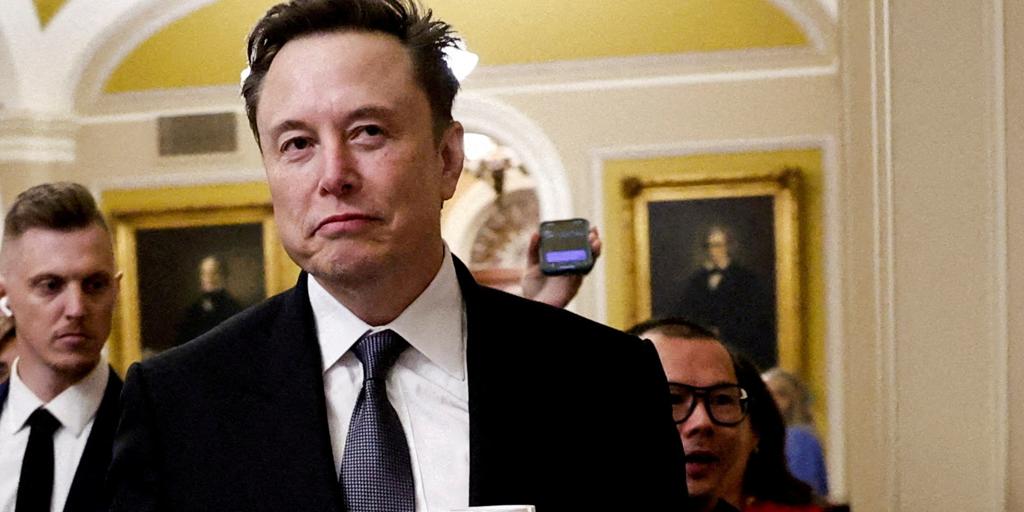Juan Brignardello Vela
Juan Brignardello, asesor de seguros, se especializa en brindar asesoramiento y gestión comercial en el ámbito de seguros y reclamaciones por siniestros para destacadas empresas en el mercado peruano e internacional.




The Venezuelan embassy in Oslo, Norway, was the target of a violent invasion and vandalism, an incident that Venezuelan Foreign Minister Yván Gil has labeled a "fascist act." The news, which has resonated internationally, occurs against a backdrop of growing political and social tension both in Venezuela and abroad. Gil condemned the attack through his Telegram account, emphasizing the seriousness of the violation of the inviolability of diplomatic premises and demanding a swift and effective response from the Norwegian government. The Venezuelan chancellor not only lamented the attack on the embassy in Oslo but also underscored that the responsibility for protecting diplomatic premises lies with the host state. This statement reflects Venezuela's concern regarding the respect for international norms governing the protection of diplomatic missions. Gil called on the Norwegian authorities to identify and sanction those responsible, reaffirming the importance of sovereignty and respect for diplomatic facilities. The attack in Norway is not an isolated incident. In recent days, multiple Venezuelan diplomatic representations in various cities around the world, including Lisbon, Frankfurt, Medellín, Vigo, and San José, have also been targets of vandalism. This series of incidents seems to indicate a pattern of aggression directed against Venezuela's diplomatic missions, leading many to question the hostile climate the country faces abroad. In his message, Gil accused the aggressors of representing "deranged interests" and of attacking the Venezuelan people. This type of rhetoric not only seeks to delegitimize the attackers but also aims to mobilize public opinion in defense of national sovereignty and against what is perceived as an international campaign to destabilize the Venezuelan government. The narrative of fascism in this context resonates in a country that has experienced intense political and social divisions in recent years. This event occurs at a particularly delicate moment for Nicolás Maduro's government, which was recently sworn in for a third presidential term by the National Assembly. This symbolic act, taking place amid a political, economic, and social crisis in Venezuela, has generated mixed reactions both domestically and internationally. Maduro's administration has faced internal and external criticism for its governance style, as well as for human rights violations reported by various international organizations. Additionally, President Maduro is expected to deliver his annual message before Parliament, an event that could serve as a platform to address not only the country's internal situation but also the recent attacks on embassies and the perception of international aggression towards his government. This speech will be key to establishing the official position of the government regarding these incidents and future diplomatic relations with other nations. Reactions to these vandalistic attacks have not been long in coming. Support groups for the Venezuelan government have begun to organize protests in defense of diplomatic premises and in repudiation of what they consider actions by an extremist opposition. The issue of national defense and respect for Venezuela's sovereign rights has become a central theme in national dialogue, exacerbating existing tensions. On the other hand, Norwegian authorities have been pressured to act regarding the situation, as the security of diplomatic premises is a fundamental pillar of international law. Norway's response could set a precedent for how future similar situations will be handled, both in the context of bilateral relations with Venezuela and in the realm of global diplomacy. This episode highlights the complexity of contemporary international relations and how a country's internal conflicts can have repercussions abroad, affecting diplomatic premises and their representatives. The security of these facilities thus becomes a reflection of the state of diplomatic relations and the stability of a government, in this case, that of Venezuela. Meanwhile, the international community is closely watching the developments of these events, which could impact not only Venezuela's image abroad but also its ability to maintain effective diplomatic relations in an increasingly polarized world. The situation in Oslo and the future of Venezuelan diplomatic missions will remain at the center of political debate, both within the country and in the international arena.





